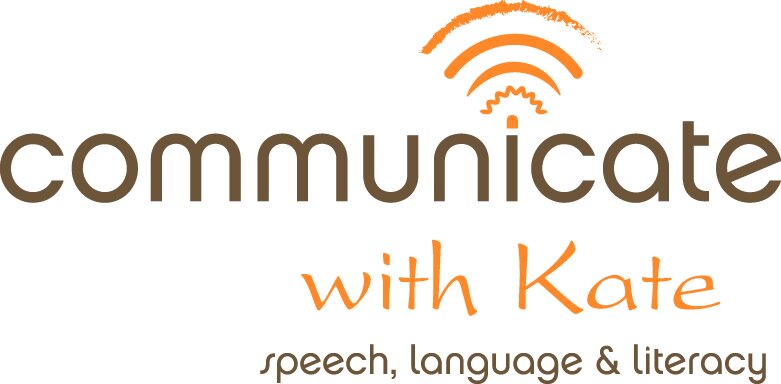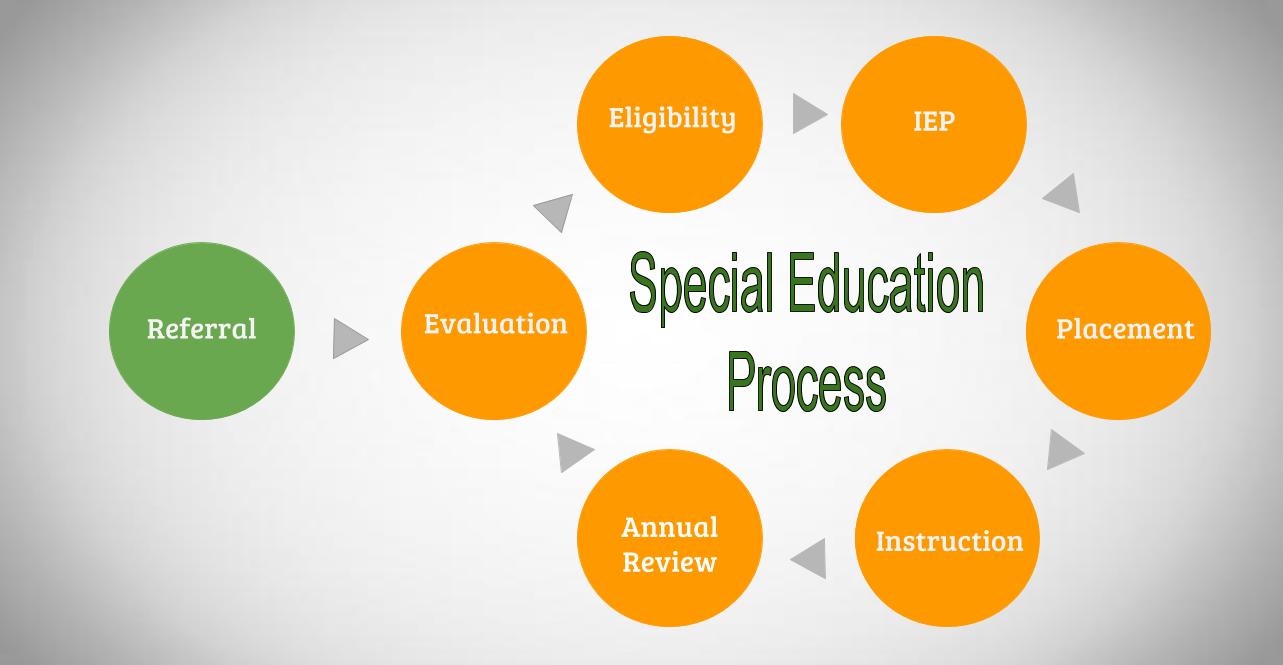School vs. Private Speech Therapy- What's the difference?
Photo by skynesher/iStock / Getty Images
As we head back into the school year, this is a time that can be both exciting and a bit overwhelming for parents and children alike! Not only are we establishing new home routines, dealing with groggy kiddos in the morning, packing lunches and making sure homework gets done (after a nice long break from it!), we're also sending our kids into a new academic year with new challenges and content to tackle. These first few months of school are when teachers or daycare providers are getting to know your children, which includes identifying their amazing strengths, and any potential areas for growth. This can be a time when some kids are identified for screening or evaluation for additional supports and this is when a Speech Language Pathologist (SLP) may come in!
For some children, their speech or language skills may require additional supports than what the teacher can provide. This could take many forms including: difficulty with speech sounds/difficulty being understood when speaking, difficulty understanding/following directions in the classroom, difficulty clearly expressing their thoughts (i.e. lack of vocabulary, difficulty with grammar or sentence structure), difficulty with social/pragmatic rules (i.e. turn taking, eye contact, perspective taking, social interactions), or difficulty with reading or preliteracy skills (phonological awareness, hearing and identifying sounds in speech which supports later decoding skills in reading). You may have a child, or know a child, who is being referred to a Speech Language Pathologist to evaluate one or more of these areas. When this occurs, we often get the question of which is better: School-based Speech Therapy vs. Private Speech Therapy. There is no ANSWER to this question, however, it is good to understand the difference so that you can make the decision that is right for your family. I have explained some of these differences below.
I will start by saying that I was a school-based speech therapist before starting my private practice so I have nothing but respect for therapists who work in the schools! No matter what setting you choose to do this job, we ALL have the same credentials, training and desire to help your children succeed!
1. Group vs. Individual therapy: Most children will be seen in small groups (3-5 children) in a school setting. Most school caseloads have relatively high numbers (numbers of children receiving services in that school) and a school-based therapist usually does not have time to see those students individually. Children are frequently grouped by age and/or impairment type and the school based therapist must customize sessions to the needs of ALL the children in that group. In private practice, most children are seen one-on-one. This gives the therapist the ability to tailor therapy to that individual child's needs and learning style.
2. Session Length/Frequency: School-based therapists will generally see children 1-2x/week (this is typical but not a rule as it depends on the severity of the child's impairment) and duration is typically 25-30 minutes for the group. In a school setting, the speech schedule is scheduled around the child's class schedule to minimize loss of instruction time. In private therapy, sessions can range from 30-60 minutes and frequency is typically 1-2x/week for individual therapy, depending on the schedule and needs of the client. A schedule is determined with the parent and SLP and we're able to work with children outside of their school schedule, allowing for more time and flexibility to create an optimal therapy schedule.
3. Eligibility for Services: States and school districts have different rules or policies regarding how a child may qualify for school-based services (i.e. having to fall below a predetermined threshold in the evaluation). To be eligible for school-based speech/language services would mean that a child would be evaluated through the schools, would have to meet these predetermined requirements, and would then receive an Individualized Education Plan (IEP) through special education. There are times when a child does demonstrate some level of communication impairment but will not qualify for school services based on results of the evaluation and/or there not being a documented negative educational impact to the child. Following is a nice graphic that shows the school process (with possible 'Tier 2' interventions sometimes taking place prior to the evaluation, to ensure there is a need to evaluate):
A private therapist may treat any person who demonstrates some type or degree of communication impairment, regardless of the severity or whether they would 'qualify' in the school setting for services. If the need for supports is demonstrated through evaluation, observation and parent/caregiver/child feedback, a private SLP can provide that therapy.
4. Free vs. Paid Services: If your child qualifies for school-based services, those services would be at no cost to the family, as part of FAPE (Free Appropriate Public Education), a guarantee under the Individuals with Disabilities Education Act (IDEA). Private therapy services require payment by the family. Some private SLPs may accept insurance and some do not, but medically coded invoices/receipts are often provided for families to submit to their insurance for reimbursement, if their insurance allows.
5. Parent Involvement/Home Programs: Parent involvement in supporting therapy goals is key to success in speech therapy. While many school-based SLPs are dynamite at keeping up with home communication, it can be a tough task with 50-60+ students on a caseload and only having 1-2 'formal' meetings typically scheduled with parents per year. In private therapy, SLPs can schedule and meet with parents more frequently (sometimes for a few minutes after every session!) to discuss what was worked on and how to support their child at home, as well as gather information from the parent about how things are going outside of therapy. This regular communication is so beneficial to supporting the child's progress!
Lastly, many parents choose to access BOTH school and private services for their child. This can be a great way to support their child's development and help them meet their goals faster, especially when the school and private therapist can communicate (with parent permission) and collaborate on therapy.
I hope this answers some questions regarding school vs. private therapy! I have worked in both school and private practice and have seen great benefits with both! The important thing is seeking out a professional when you have concerns.


